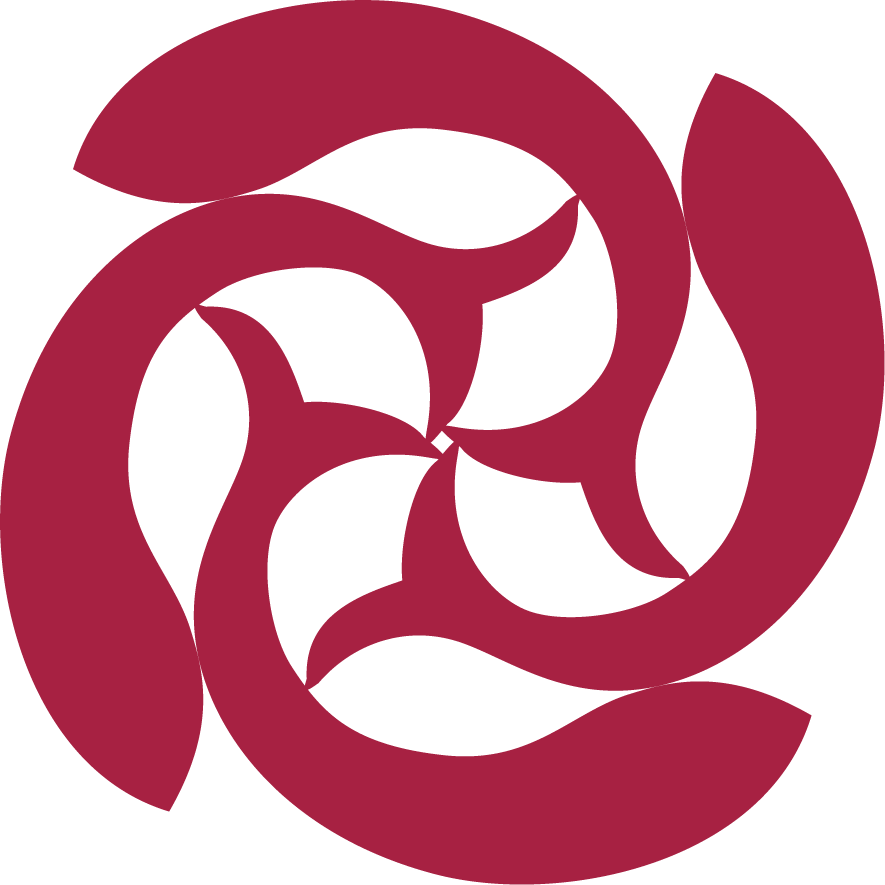Self-reflection, or reflective thinking, was developed by John Dewey. Reflecting on our experiences was central to Dewey’s theory on schooling. In today’s classroom teachers have many opportunities to incorporate self-reflection into many areas of study thus empowering students to have a deeper understanding of what they are learning. The use of creative assignments and exercises provides an environment in which self-reflection becomes a natural part of the learning process. We often do not label self-reflection as a skill or assignment but rather as an add-on to coursework. When we make the focus of an assignment to identify issues, think about consequences, benefits, and impacts, students emerge with an in-depth understanding of the subject matter.
Writing with a Focus on Self-Reflection
Writing is an excellent tool for self-reflection. Tasking students with an assignment that requires a conscious focus on an experience, event, or subject that has affected them, either positively or negatively, opens a world of possibility for mastering reflective thinking. Assignments can range from what kind of emotional connection a student makes with peers, a physical response to environmental elements, and more. Included in this practice should be a section that allows the student to explain what they learned and how it may influence them in the future.
Art Projects for Expressing Ideas and Concepts
Art can be one of the most effective types of classroom work for a student to express how they perceive, understand and relate to ideas and concepts. This blank canvas gives students full creative license to communicate ideas through visual art. Asking questions on curriculum, world events, and age-appropriate issues gives you the opportunity to better understand your student and in turn, gives them a greater understanding of self.
Mathematics Exercises as Real World and Life Issues
At the foundation of self-reflection is the correlation to real-world or life issues. Presenting mathematics in the context of experiences a student may encounter in everyday life promotes the importance and skill of reflective thinking. For instance, students who are given a hypothetical situation to solve, like an overdrawn checking account, are not only solving a math problem but are learning how to manage responsibility and prevent the problem in the future.
Self-Evaluation of Classroom Work
Incorporating self-evaluation into classroom work encourages students to review their work and find areas of strength or weakness. This self-evaluation is dependent on reflective thinking. If after receiving a low score on a test or assignment the student is asked to not only review his or her work but also evaluate it – they are learning where they may need more study or help.
Peer Work Review and Discussion
Akin to reviewing one’s own work, reviewing the work of peers can be an exercise in self-reflection. As students work together to check individual or group assignments, solutions to problems, thought processes and completed concepts become a point of discussion ultimately resulting in a more robust learning experience. Working in a group with review and discussion builds a student’s level of confidence in his or her own critical thinking abilities.
Adding self-reflection to your curriculum as its own area of study provides students with the skills to broaden self-reflection skills. Encouraging self-reflection will benefit students from primary school through higher education.
